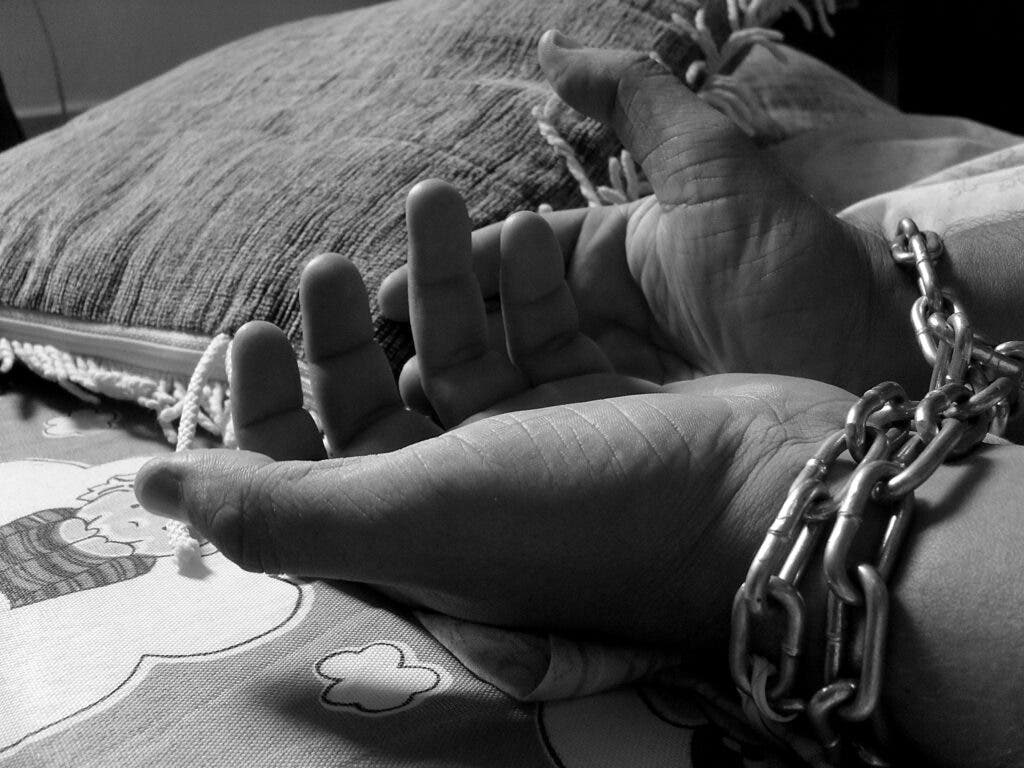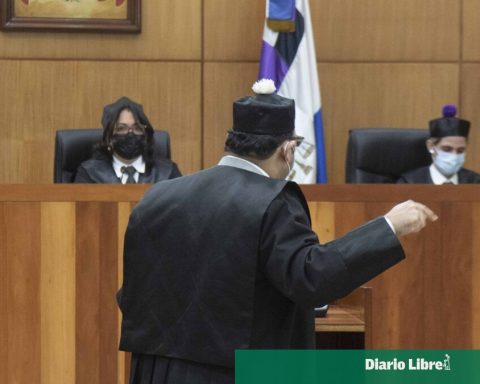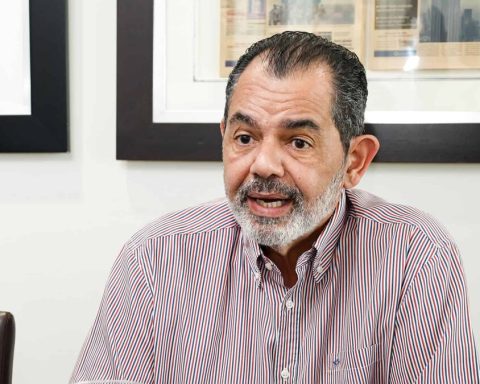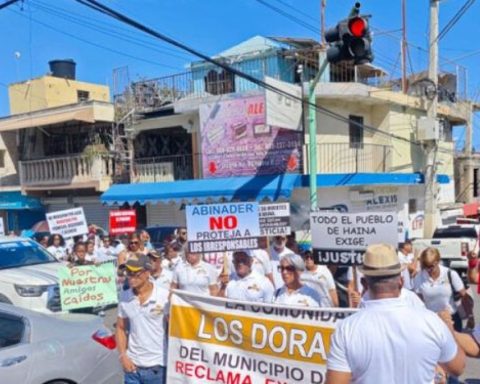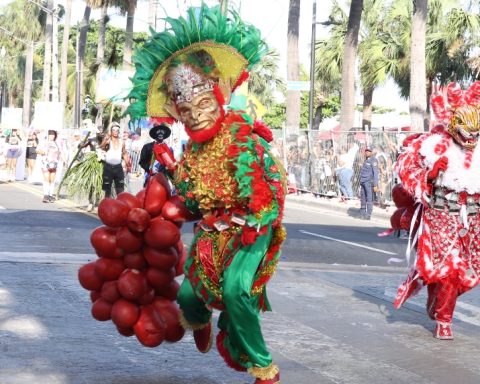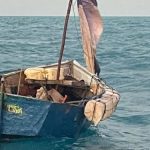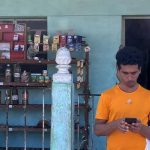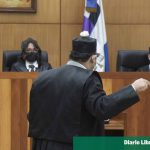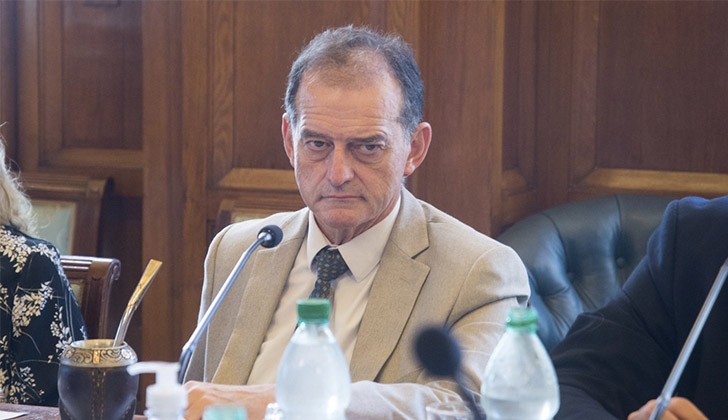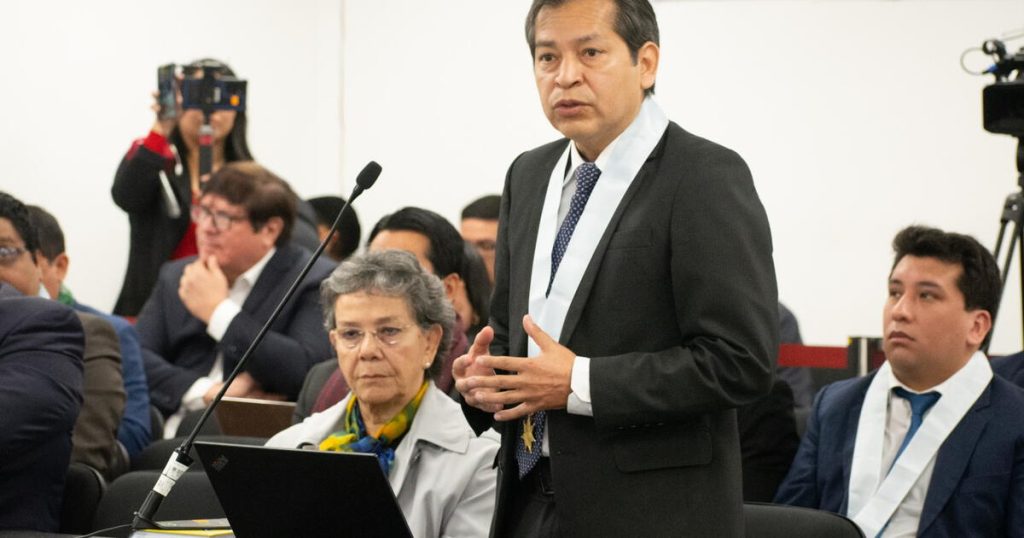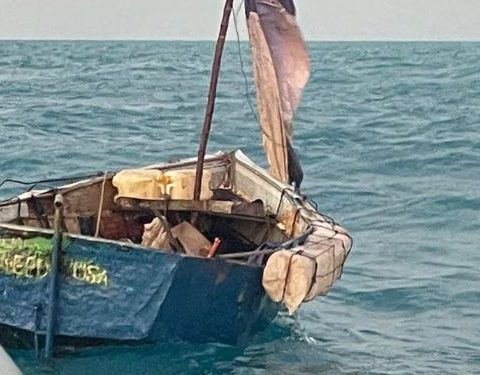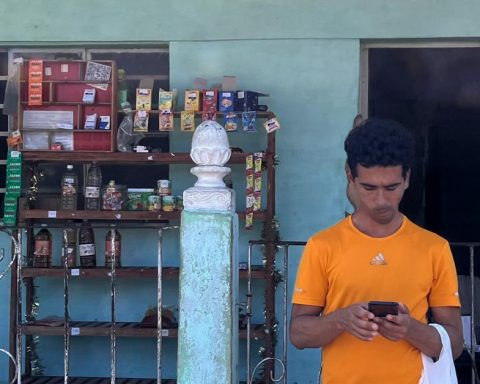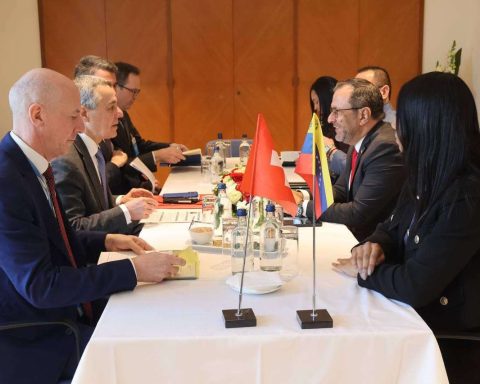Madrid.- A Spanish citizen denied this Tuesday in a hearing held in the National Court to integrate an organization dedicated to illegal trafficking of children from the Dominican Republic to Spainwhich is why she is wanted by the Caribbean country to be tried with four other defendants.
The woman said she does not want to be handed over to the Dominican Republic because she has not committed the crime for which her extradition is requested.
The prosecution deemed it appropriate extradition to the Dominican Republic, given the advanced stage of the case in the Caribbean countrywhich has already opened the oral trial, and it makes more sense for her to be tried jointly with the other four defendants and not in a separate hearing in Spain.
He added that all the essential evidence, such as the minors affected and the experts, is in the Dominican Republic.
We invite you to read: Spanish woman accused of trafficking Dominican children will be extradited
The defense attorney, for his part, opposed the extradition, and maintained that his client was not the author of the crimes she was accused of, but rather a “naive” victim who simply dedicated herself to helping the children by giving them food and donations, as she usually did with various organizations.
She argued that if she were to be handed over, there would be no guarantee that she would be able to continue with her oncological treatment, which would put her right to life at risk, as well as the rights of a minor like her son.
He also said that his client has received threats from “people in the Dominican Republic” to prevent her from defending herself and that this also puts her physical integrity at risk.
According to the Dominican authorities’ claim, which the Spanish prosecutor’s office includes in its report, the woman was engaged in illegal trafficking of children and adolescents through a transnational structure.
The defendant is accused of being one of the people who was at the head of the operation so that the minors were taken to Spain with Dominican passports obtained through false documents and testimonies.
The prosecution argues that in order to achieve its purpose, this structure “pretended that the children had been abused in the Dominican Republic and they requested asylum for protection in Spain on their behalf and then completed the necessary protocol so that the accused could welcome them in Spain, removing them from their biological families.
